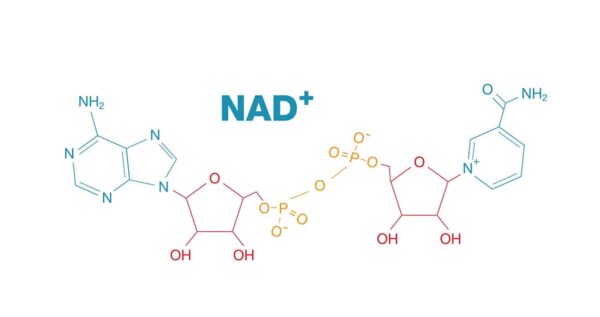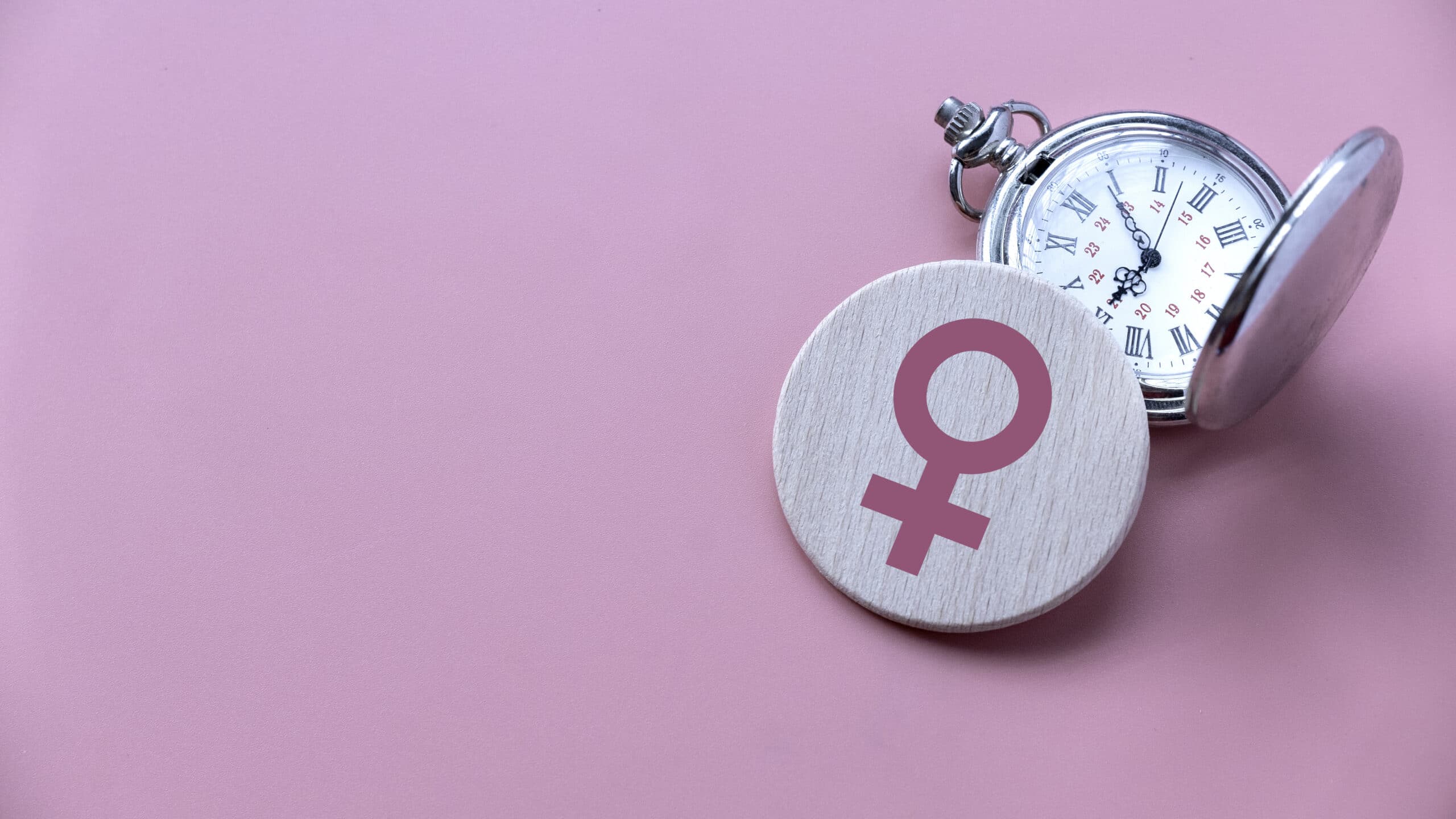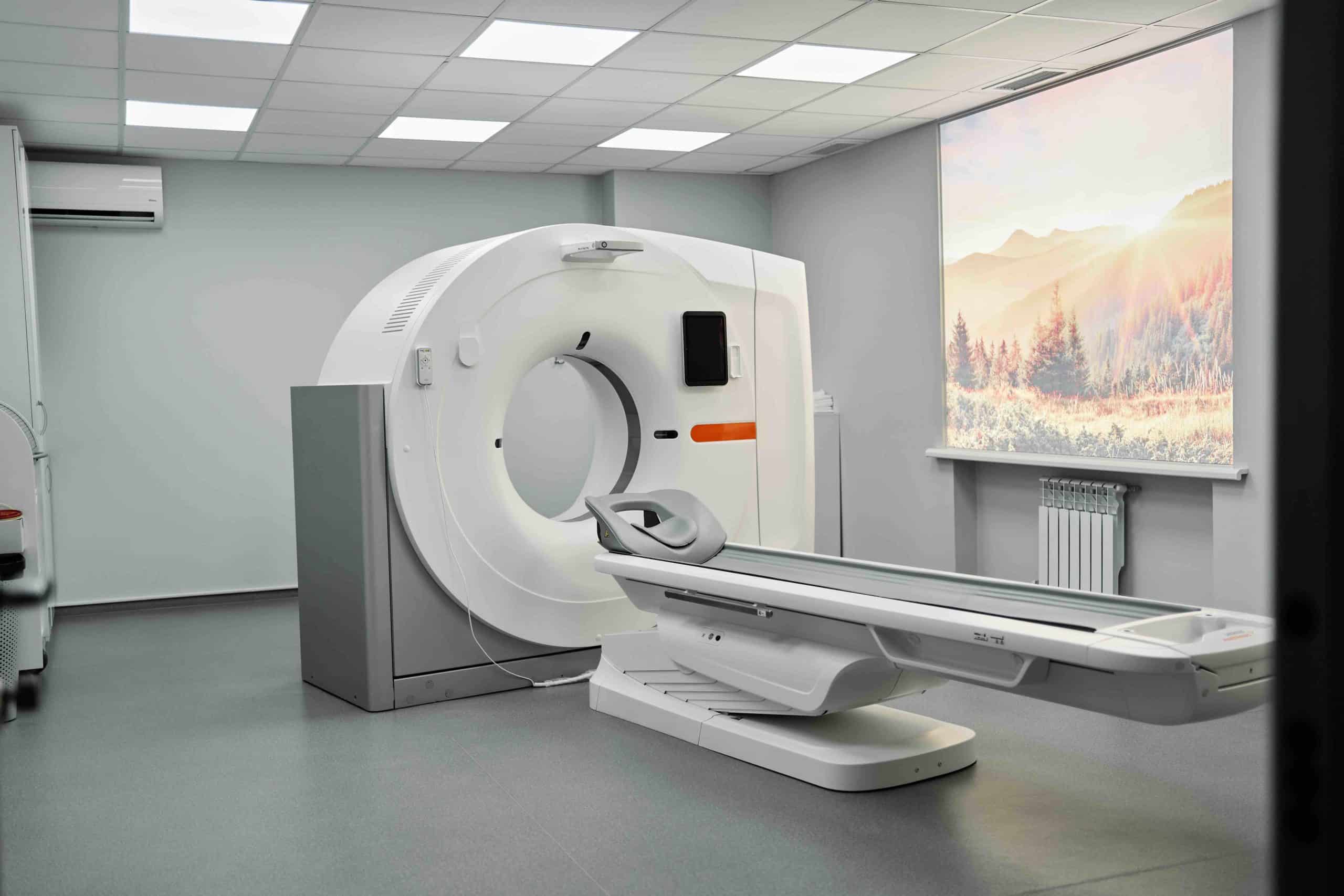We’re all searching for the fountain of youth – that magical pill or food that can turn back the clock and restore our brains and bodies to a younger state. Peptides, collagen, Vitamin D. There have been a lot of potential miracle workers over the years, but none have been as hyped or full of potential as NAD (Nicotinamide Adenine Dinucleotide).
But is NAD really worth the investment for your longevity? Or is it just another vitamin that won’t technically hurt you, but also won’t really help much?
What is NAD?
NAD stands for Nicotinamide Adenine Dinucleotide is a form of Vitamin B3. It comes in two forms: NAD+ and NADH. When most people talk about NAD, they’re usually talking about NAD+, so that’s what we’re talking about in this article. The good news is that we produce NAD naturally. The bad news is that production slows down significantly as we age.
What Does Nicotinamide Adenine Dinucleotide Do In The Body?
NAD is among the most vital nutrients we need to survive. The primary role of NAD in the body is to transfer energy from one cell to another. In other words, NAD is how we convert energy from food into cellular energy. We also use NAD to ensure proper cellular functioning, to protect our DNA as we age, to maintain a healthy metabolism, and to maintain our circadian rhythms.
What Happens to NAD Production As We Age?
As we get older, our NAD levels drop. This happens for two reasons. First, production slows down, so we create less NAD naturally. Second, we use more NAD due to increased needs. Specifically, we use large amounts of NAD to repair damaged DNA cells.
Low NAD levels are associated with an increased risk of chronic heart disease, diabetes, vision loss, obesity, and insulin resistance – but it’s not clear if the risk for these things increases because of the lack of NAD or simply alongside it as we age. Low levels of NAD+ might also lead to Multiple Sclerosis, as MS patients have less NAD+ in their nervous systems.
Will An NAD Supplement Help You Live Longer?
The short answer is, maybe.
Studies on mice suggest that an increase in NAD levels can improve cognition, metabolic health, and cardiovascular wellbeing throughout the aging process. NAD supplementation may also increase energy levels, reduce sleep deprivation, and improve short-term memory among mice.
However, you’re not a mouse, and the science is not yet conclusive for humans.
But despite the lack of conclusive data, the results are promising, and it’s likely that we’ll know more about the long-term effects of NAD+ supplementation in humans within the next few years. If you want to boost your energy production, improve your metabolism and sleep cycle, and protect your DNA, we think it’s worth it to pay attention to your NAD levels and do what you can to keep them high.
How Can You Boost Your NAD Levels?
The most common and efficient way to increase your body’s NAD+ levels is to take supplements. NAD+ supplementation is generally safe in doses up to 300 mg. And since the symptoms are usually mild (nausea, bloating, itchy skin, sweating), that’s the route that most people choose to take. However, you don’t have to take a supplement to boost your NAD levels. There are also ways to boost your levels naturally. Here are some of our favorite suggestions:
Exercise: Your body needs energy to work out, and it gets energy from NAD+. So regularly working out encourages your body to make more NAD+ regularly. Think of it like drinking water. The more water you drink, the more your body learns that it doesn’t need to retain water for survival. The opposite is true of NAD and exercise.
As a bonus, having more NAD in your system might actually boost exercise performance! In the studies on mice, researchers have found that boosted NAD levels also boosted exercise capacity, running distance, and lean muscle production. (But it had the opposite effect on rats.)
Avoid the Sun: Your body uses NAD+ to repair damaged cells, so spending time in the sun (and damaging your skin) is an excellent way to deplete your existing NAD+ supply. But don’t avoid the heat altogether. Spending time in warm settings (away from the sun’s harmful rays) can increase NAD+ production since your body needs the energy to cool down.
Regulate Your Circadian Rhythm: A consistent circadian rhythm can help regulate the production of NAD+. To help your body make (and store) as much NAD+ as possible, try making some of the following changes:
- Get sun exposure first thing in the morning
- Stop eating at least three hours before bed
- Turn off blue light on your cell phone at night (you can do that in the “Do Not Disturb” settings)
- Go to bed at the same time every night – even on the weekends
- Sleep in a dark, cool environment (we recommends good sleep mask and blackout curtains)
Cut Back on Alcohol Consumption: There are plenty of reasons to cut back on alcohol. It increases inflammation, damages your liver, boosts cortisol levels, and is – of course – a toxin. But now there’s another reason to cut back. Alcohol reduces your stored levels of NAD+.
Eat More B Vitamins: Add in more foods with high levels of Vitamin B, like fermented foods (sauerkraut, kimchi, kefir), avocados, and peanuts. A low-calorie diet may also help boost NAD+ production.
Embrace Intermittent Fasting: NAD+ levels increase on a low-calorie diet and during times of extended fasting. In general, we don’t recommend cutting calories unless advised by your doctor, but intermittent fasting is a way to get this benefit without altering your diet or caloric intake. The optimal fasting time will differ from person to person but aim for at least 8 hours of fasting per day.
Where Should You Go From Here?
Do you think an NAD+ supplement might be right for you? Please feel free to contact us anytime to speak with your medical team.
This blog was published by Peninsula Doctor Concierge Medical Team located in Menlo Park, CA.


